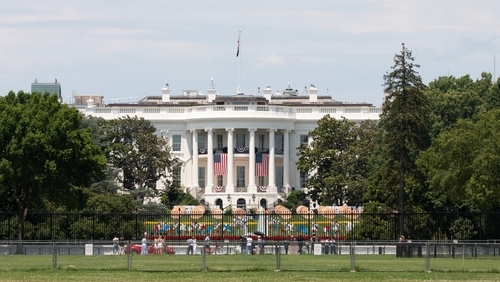CORRECTED-COLUMN-David Boies and a legal battle over class action settlement funds

By Jenna Greene
Nov 25 (Reuters) - From asbestos to zinc oxide, class action litigation has touched nearly every corner of American industry. So perhaps it was inevitable this day would come: A class action about class actions.
The litigation focuses on a massive, and until now largely overlooked, segment of the legal-services economy: the settlement administrators and banks that manage the distribution of funds once the cases are over.
In recent months, plaintiffs’ firms have filed nine class actions accusing major settlement administrators of engaging in a kickback scheme with banks. According to the complaints, the administrators selected the banks to retain and distribute settlement money — often totaling hundreds of millions of dollars — in exchange for payments tied to the interest those funds generate.
In addition, some complaints allege settlement administrators reaped undisclosed profits from “revenue sharing” payments with the issuers of digital credit cards that are sometimes distributed to class members.
The litigation has already set up a clash between two of the most prominent figures in the plaintiffs' bar, David Boies and Christopher Seeger.
They'll face off next week when a federal judicial panel will decide whether to consolidate the cases into multidistrict litigation, and if so, which claims to include and where the cases should be heard.
Filed in federal courts in cities including Manhattan, San Francisco and Philadelphia between April and mid-November, the complaints name three of the largest settlement administrators -- Epiq Systems, Angeion Group and JND Legal Administration, which together allegedly oversee more than 65% of the market for class action administration.
A JND spokesperson said, “These allegations are baseless as to JND and we look forward to defending ourselves in court.”
Epiq and Angeion declined to comment.
Also named are Western Alliance Bank and Huntington National Bank. The two banks allegedly dominate the deposit side of settlement administration. According to the lawsuits, they oversee 80% of settlement funds in class and mass actions, distributing monies to thousands of plaintiffs.
A Western Alliance spokesperson said the complaints “do not accurately portray Western Alliance Bank’s role in the claims administration process, and we plan to vigorously defend ourselves in these actions.” Huntington declined to comment.
Alleging antitrust violations, civil racketeering, breach of fiduciary duty, fraud and unjust enrichment, the suits focus on the period between the initial settlement of a lawsuit and payment to class members.
When a case is resolved, it generally takes months or years before the money is distributed, the lawsuits note. That’s because class members must first be notified, given a chance to object or opt out, and have their claims reviewed and approved. The settlements also require court approval.
In the meantime, the money paid by the defendant is deposited in a bank, both for safekeeping and to earn interest.
According to plaintiffs' lawyers, the “secret kickback” scheme began when interest rates on deposits started to rise in 2021.
“We noticed that in some settlements, class action administrators were still getting extremely low interest rates, which made us highly suspicious,” Boies, whose firm Boies Schiller Flexner filed the first three cases raising the issue, told me. “We decided to do some investigating.”
According to the complaints, firm lawyers interviewed current and former bank employees and learned the defendants were allegedly skimming millions of dollars from class action payouts. They allegedly did so by pocketing the difference between the market interest rate for the funds and the lower interest that the class members received -- money they say should have gone to class members.
The administrators allegedly formed special purpose entities to conceal receipt of the funds, the lawsuits claim.
As the cases get underway, the threshold questions are venue and scope Boies is pushing the Judicial Panel on Multidistrict Litigation to consolidate the cases in the Northern District of California, where he filed a case. He argues that the subject matter should be limited to allegations involving the bank interest rate scheme.
Seeger urges the cases be heard in the Eastern District of Pennsylvania, where his amended complaint was filed, and that the MDL should be more broadly construed. He argues the claims should also include allegations involving digital credit cards, which are often issued to class members to receive their share of a settlement.
Seeger's complaint and several others allege the settlement administrators received hidden payments from the card issuers, breaching their fiduciary duty to class members. Such allegations arose separately earlier this fall in connection with Facebook’s $725 million class action settlement for alleged privacy violations. As I wrote at the time, the judge in that case reviewed the agreement between the settlement administrator, Angeion, and the credit card issuer and allowed the payments to proceed.
The defendants have yet to file substantive responses to the lawsuits. However, each company either favors consolidating the cases into an MDL or takes no position (albeit without conceding any of the requirements for class certification have been met). All endorse the Southern District of New York as the most convenient venue.
Wherever the cases land, the proceedings have the potential to reshape the behind-the-scenes class action landscape. As Seeger put it in an email, "This has the potential to be transformative litigation that will likely require claims administrators to, at a minimum, be more transparent and/or provide more details about how they are profiting."







